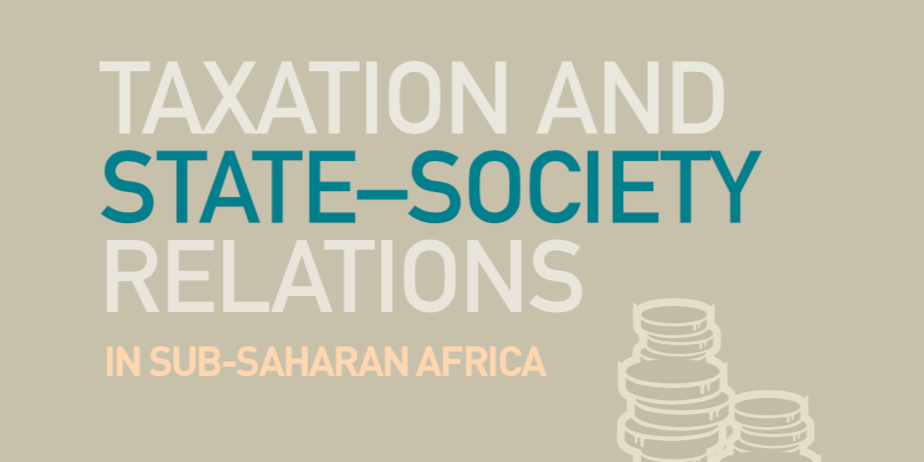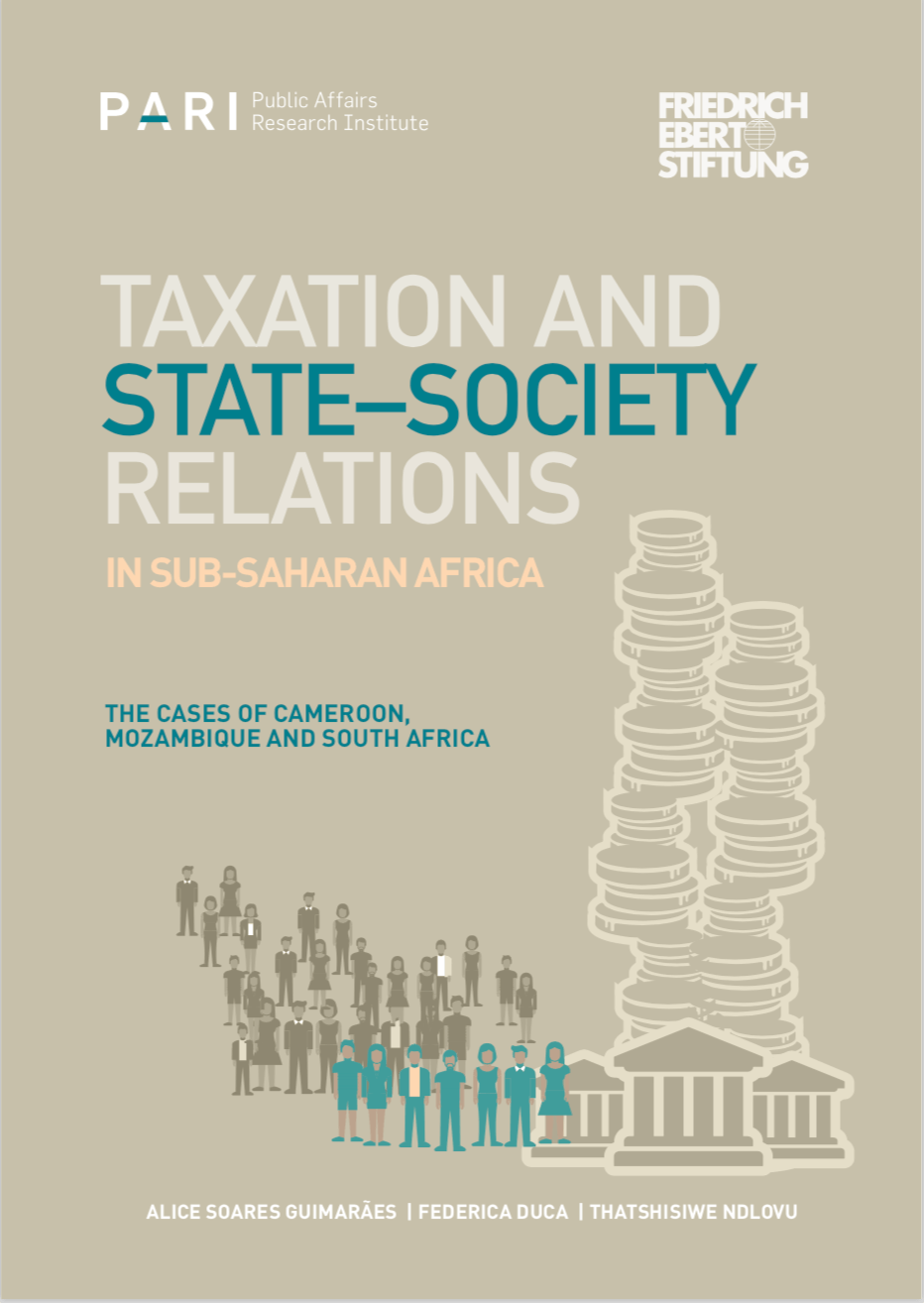By Alice Soares Guimarães, Federica Duca and Thatshisiwe Ndlovu.
The centrality of taxation in the making and functioning of modern states is widely recognized in academic literature as well as in public policy debates. The powers and legitimacy of the state, allocation of public and private resources, financing of public administration and the ability of government to deliver services are some of the many themes of socio-political and economic life that run through the issue of taxation. Moreover, the autonomous development of nations and their economic growth are highly conditioned by their fiscal systems.
Taxation has the potential to contribute to the development and strengthening of democratic institutions and processes and, accordingly, to good governance and accountability. When revenue from domestic taxation is small, the political elite is less inclined to attend to the needs of the masses. Once the state imposes a significant fiscal burden on its citizens, rulers tend to become more responsive to popular demands. Tax policies can also be used as tools for redistributive measures to promote social justice and equality. Furthermore, in modern societies, taxation is one of the most pervasive aspects of state–society relations.
Although these aspects and dynamics of taxation are increasingly being recognized by academics, tax practitioners and policy-makers, much research and debate is focused on the so-called developed states of the global North. Although these contributions provide relevant theoretical insights and useful conceptual tools, a central question remains: How far can they go towards an understanding of taxation in the developing world? Notwithstanding some relevant works, the specificities of taxation in the post- colonial polities of the developing world are yet to be fully explored.
In recognition of the centrality of taxation in contemporary societies and the need for more detailed investigation that considers the particularities of sub-Saharan Africa, the Public Affairs Research Institute (PARI), in partnership with the the Friedrich Ebert Stiftung (FES) South Africa, developed a three-year, interdisciplinary research project on taxation in the region.
This report presents the results of an in-depth analysis of South Africa, Mozambique and Cameroon, the three countries selected for the study. Based on the assumption that taxation can be used to further economic and political development, the first question we asked was: What conditions need to be in place for taxation to contribute to a country’s development?
Although quality is an important factor, on its own it cannot guarantee an efficient tax system. The developmental potential of taxation is also determined by the character and dynamics of state–society relations, which constitute the second set of requirements identified in our research and analysed in this report. Although we acknowledge the centrality of institutional aspects, our main claim is that to understand the limits and potentialities of any tax system, it is necessary to go beyond analysis of institutional design and interrogate broader socio-political aspects of state–society fiscal relations as well.
We therefore argue that societal perceptions of taxation are also a fundamental element of a vital tax system because by contributing to tax morale and voluntary compliance, they enhance the extractive capacity of the state. Our main hypothesis is that in South Africa, Cameroon and Mozambique the greatest challenge to consolidation of a strong tax system (aside from some institutional obstacles) is the character of state–society fiscal relations, which in their present state do little to boost tax morale. As such, we claim that future interventions and reforms should focus on this dimension.



